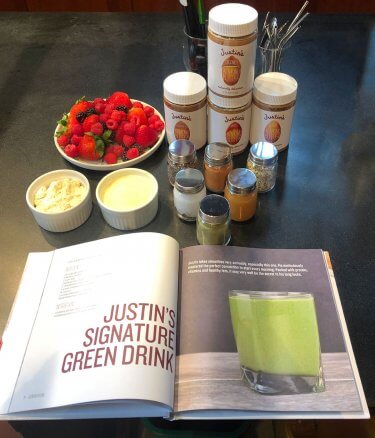Gold is part of a generation of vegetarians who have dramatically expanded the culinary possibilities for non-meat eaters. Thanks in part to their efforts, the lifestyle has become steadily more appealing. In the last five years alone, the number of people who identify as vegetarians has grown by half to roughly 6 percent. That number, however, should be viewed with some skepticism. On closer examination, more than half of those who say on surveys that they are vegan or vegetarian admit to having recently eaten meat.
The rise of “flexitarians” is a notable trend, particularly among a younger population. Flexitairians are people who are increasingly interested in getting some or most of their protein from plant sources. The trend can even be seen in fast food offerings. Recently, major fast food companies (including Burger King, A&W, Little Ceasars, Taco Bell and KFC) have experimented with adding plant-based meat substitutes to their menus. According to one study, the meat-substitute retail market is expected to grow from $1.4 billion last year to $2.5 billion in 2023.
Having a diverse diet isn’t just about taste: diet diversity is more important for vegetarians than it is for meat eaters. Of the 20 different types of amino acids that make up proteins, nine are not made inside the human body. These are called “essential amino acids” — that is, it’s essential to eat foods that contain them. Eating meat is an easy way to get a full complement of amino acids; vegetables, on the other hand, typically lack one or more of the essentials.
That’s another reason Gold’s morning smoothie has so many ingredients. The kale is a great source of the essential amino acids leucine, lysine, phenylalanine and valine. The bananas are strong in histidine. The soy milk, chia seeds, hemp seeds and peanut butter contain, among them, the complete range of essential amino acids. Mixing them together in one easy morning meal ensures that he and his family have all the protein their bodies need for the day.
The honey, meanwhile, has zero amino acids. It’s just there to make it all a little sweeter.

